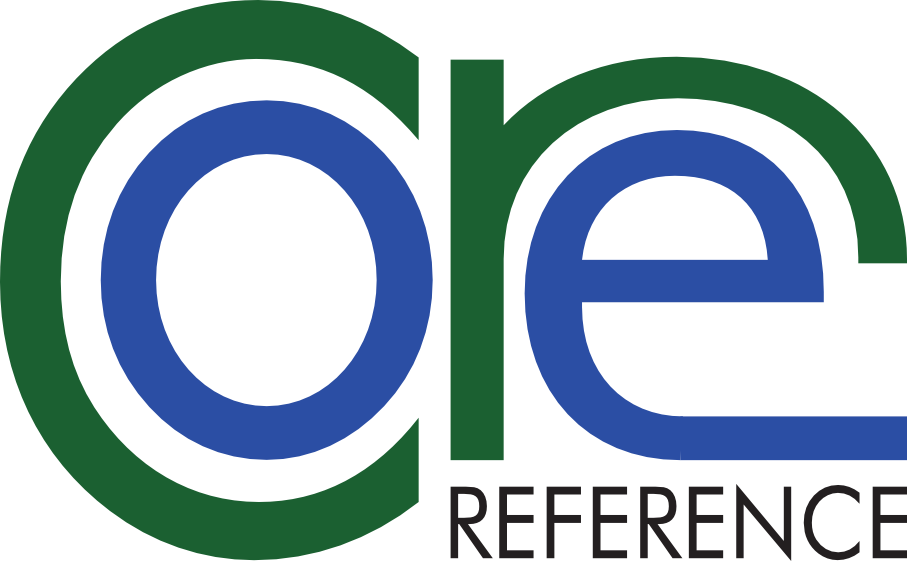Public Disclosure Resources
Review these pages regularly to stay updated on Policy 0070 and EMA guidance on public disclosure of clinical data, including CSRs:
EMA’s ‘Clinical data publication’ page
This is the main EMA Policy 0070 page. This page explains that EMA is temporarily suspending clinical data publication until further notice.
This page also includes links to:
-
The "Support for industry on clinical data publication" page
This comprehensive page includes detailed guidance for pharmaceutical companies on requirements to comply with Policy 0070, and also includes downloadable justification table templates
-
EMA's clinical data website
This page hosts publicly disclosed clinical data
-
Policy 0070 and the "External guidance on the implementation of the European Medicines Agency policy on the publication of clinical data for medicinal products for human use" page
The latest implementation guidance is Revision 4 dated 09 November 2018; read the summary of changes.
Health Canada released final guidance on the "Public release of clinical information" (12 March 2019):
Final Health Canada guidance: Public release of clinical information (12 March 2019)
Search for publicly posted drug and device information in the HC Clinical Information Portal.
FDA Concludes its Pilot Scheme to publish CSRs:
FDA concluded the recruitment phase of its clinical data summary pilot program on 26 June 2019. FDA has published a federal register notice seeking feedback on the pilot (comments open until 26 August 2019). FDA hopes to learn from its stakeholders more about the potential benefits or risks, resource requirements, and challenges of FDA publicly releasing a limited number of sections from certain CSRs at the time of marketing approval. FDA have also released a new integrated template that will be used to document FDA's review of new drug applications and efficacy supplements. The federal register notice seeks public comment on both of these efforts. See the Clinical data pilot program page for published data.
Please share your insights with us.
Disclosure feedback will be accepted on an open-ended basis.
Although EMA Policy 0070 states that PPD redactions are for the MAH/applicant to decide, EMA will comment and may even strongly recommend not redacting certain information if they do not agree. Ensure the justification of your redactions is clearly presented in the anonymisation report (AR)....
In the case of CSR Section 14.3.4 (per ICH E3 “Abnormal Laboratory Value Listing [Each Patient])” – the policy and guidance at the time implied these were out of scope. The current implementation guidance V1.2 dated 12 April 2017 states that these are indeed out of scope of phase 1 of the policy, so they can be removed. However, we were told in late 2016 by the assigned EMA reviewers that these needed to be submitted, and so part-redaction of the data was agreed.
In my experience, we found that if reviewers felt that data utility was being compromised then they would try and push the MAH/applicant to re-think the PPD redactions. This would apply if the study was in a rare disease area with very small patient numbers. In such studies, you could potentially redact all the data/data subsets as the patient numbers are so low (sometimes as low as 2 to 3 patients). I would recommend establishing good working relationships with the EMA team at the start, to allow open discussions that help reach a balanced agreement in terms of data utility and patient confidentiality.
There are some inconsistencies between what EMA has allowed across different companies and these are visible in the published ARs. For example, the TransCelerate document recommends redaction of all vendor addresses, however when we submitted our proposal we were told that CRO addresses could not be redacted. To allow things to move forward, the Sponsor agreed with EMA’s request. Later the Sponsor discovered that another company was allowed to redact vendor addresses (detailed in the published AR). Therefore, it seems what is finally approved depends on which reviewers have assessed your AR.
I have also reviewed a few of the published ARs and noticed that in some cases although justifications for certain redactions have been documented, in the accompanying CSR the redaction is not applied (e.g. a threshold of 25 patients; redaction of site addresses). Does anyone have any thoughts on this? In relation to this point, I have a question for users of www.core-reference.org, which I have directed to EMA, and am awaiting their response. My question is: “If a Sponsor submits a variation to the current marketing licence, for example to add clinical data for the same product, should they revise the already published AR or submit a new AR for the new data?” If anyone has insight to share on this, please do so via: http://www.core-reference.org/disclosure-feedback/.
- Rukhsana Shaikh-Zaidi, Director, RSZ Scientific Limited


